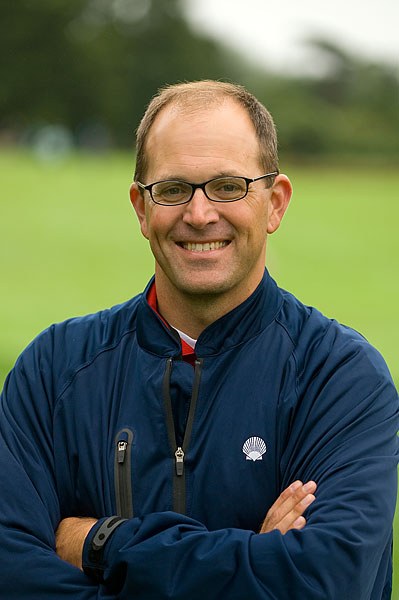Superintendent of The Kittansett Club in Massachusetts talks about his experience at Penn State and what the future holds for those interested in getting into the turfgrass industry.

John Kelly
Q: Was there a particular experience or two during your time in the Penn State Program that has had significant influence on your career?
A: Dr. Waddington said in our first class which was thirty-six of us that twenty or so of you in ten to fifteen years won't be in the business. He was about right.
Q: Do you still maintain or utilize the relationships you cultivated during your time in the Penn State Program?
A: The first five years after graduation many students stayed in touch but after several started to obtain superintendent positions and moved to different locations around the U.S., communication dropped off. The November Turf Conference at Penn State and the GCSAA National Conference has been the place to catch up with old school mates.
Q: How do you think that the extended internship of the 2-year program at Penn State sets its interns apart from other universities?
A:I think it [the 6-month internship] is a very valuable experience to see all aspects of the operation from spring start-up to fall preparations. Students participating in shorter internships often get thrown into the mix without really understanding the reasoning behind what they are doing.
Q: Is there any one memory that stands out from your time at Penn State?
A: The whole experience of the program. My classmates and campus life were great. The staff was excellent and they wanted you to succeed if you put the effort in.
Q: Why do you think the alumni base is so strong and is that important to you?
A: Many years ago the two-year program was "The Program" and many current established superintendents are at great clubs supporting current PSU students.
Q: How has the industry changed over the course of your career?
A: I started working on a public course in the late 1980's and graduated from the two-year program in 1993. Golf was growing and new courses were being built and jobs were easier to come by. Tiger helped explode the game. At the point more turf programs started to meet the demand. Now golf is on the down and programs are struggling to find students.
Q: What advice would you give others considering entering into the golf course management industry?
A: Several items I think are important entering into this business as a young man or woman:
- Jobs are scarce at all levels in the industry so understand it will take time and patience.
- Education and work experience will play a big roll.
- Internships and places you intern will be important on your resume.
- It may be a great opportunity to see the country or go abroad.

